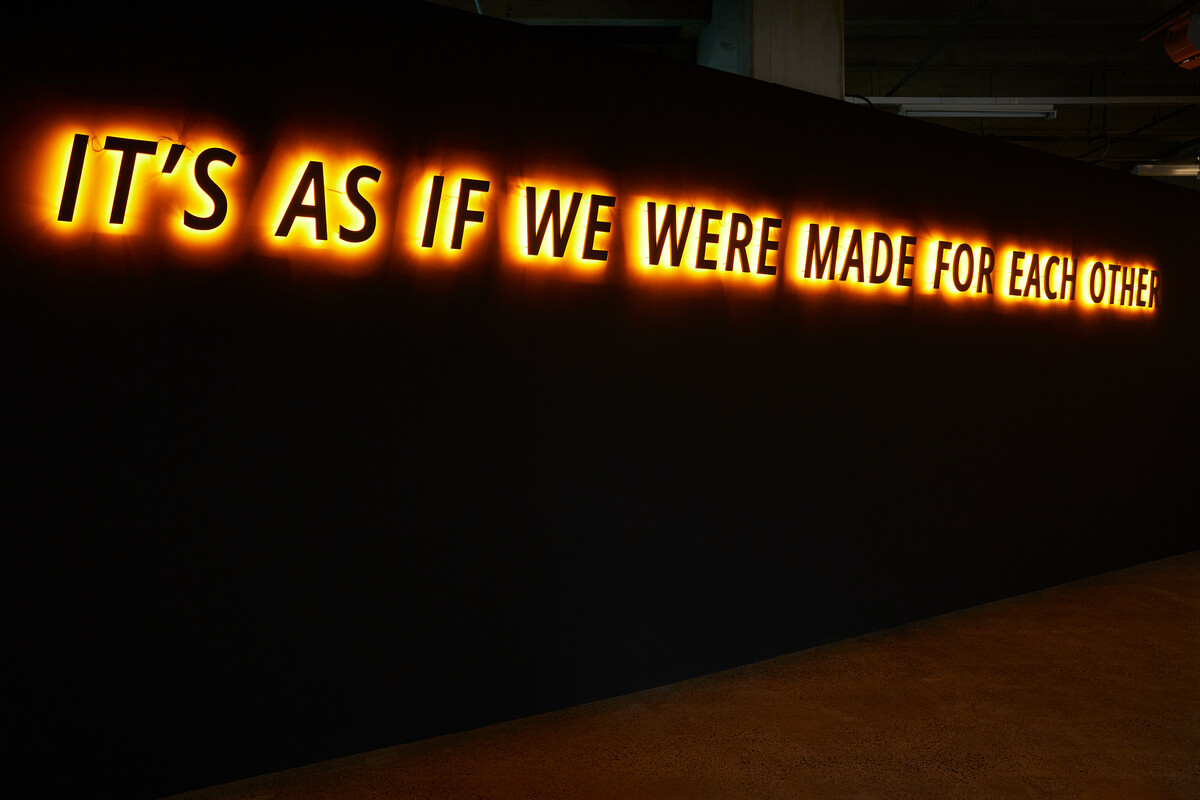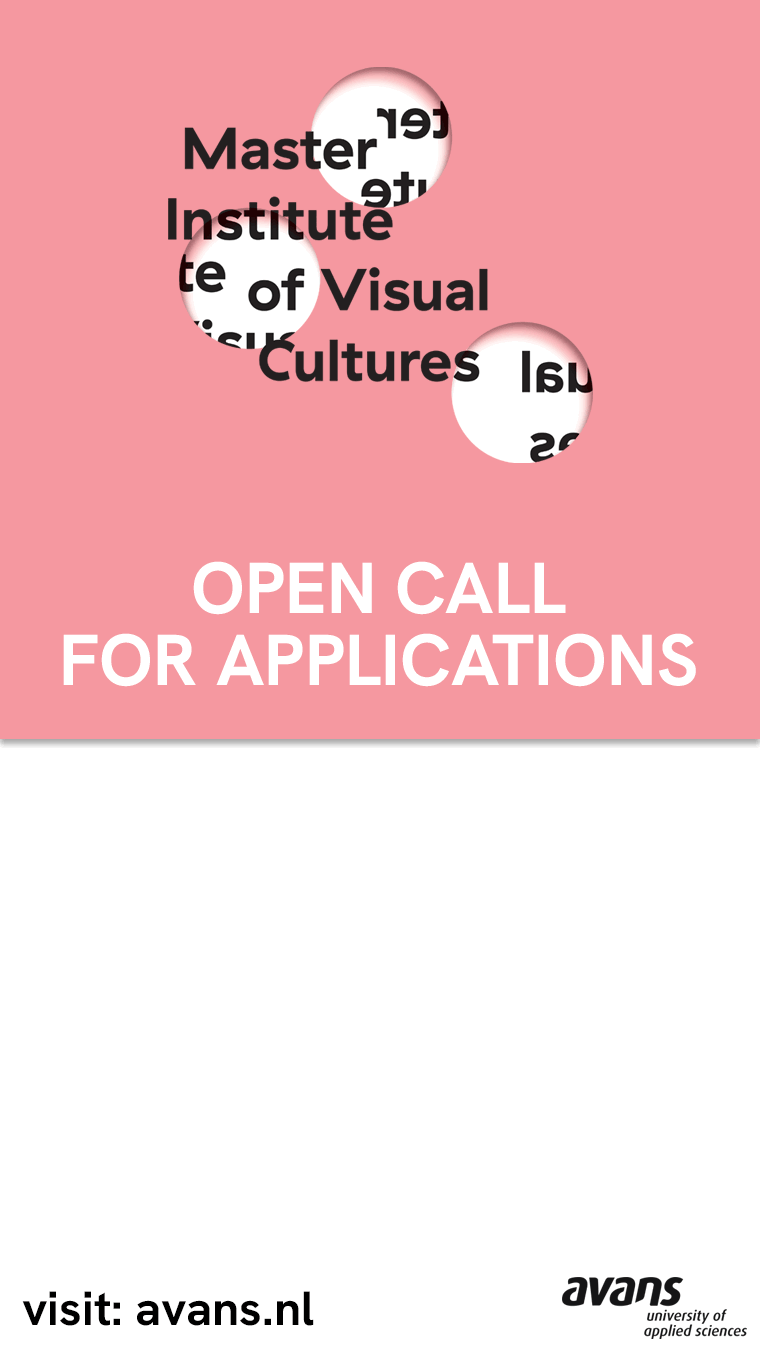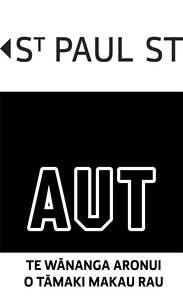October 3–5, 2019
Co-convened by Balamohan Shingade and Taarati Taiaroa
The 2019 Curatorial Symposium extends on the core concerns of sociability in the exhibition How to Live Together, which is guided by the coupled question: What is the intimacy we must develop to create community? What is the distance we must maintain to retain our solitude?
This year is the eighth in a series of symposia that have been concerned with artistic and curatorial practices as they relate to knowledge production, exhibition-making, and relational commitment. As a transdisciplinary and discursive event, the Symposium seeks ways out of a dominant paradigm that renders our sociabilities—our ways of being in relation with each other—alienating, inequitable and extractive.
The title “It’s as if we were made for each other” is borrowed from an artwork by Deborah Rundle, in which she employs the romantic cliché to seek an alternative interpretation for the word “we,” where it extends outward from the couple to a larger sense of connectedness.
The Symposium opens with O Horizon, an essay film by The Otolith Group centred on the school Santiniketan, founded by the poet Rabindranath Tagore in 1901 in West Bengal. On the founding of Santiniketan, Tagore wrote in a 1922 letter to Patrick Geddes, “I merely started with this one simple idea, that education should never be dissociated from life.” The Symposium seeks sympathies with this interconnected and integrated approach to art, education and life.
The programme over the following two days will be facilitated by Mohan J. Dutta, artists Fiona Amundsen and Pallavi Paul, regenerative practitioner Lucy-Mary Mulholland and other invited contributors and conversation partners. The Symposium continues a method of collective enquiry seeded by the 2018–19 Two Oceans at Once programme. Inhabiting a flat structure in which contributors and participants are on level ground, the Symposium format will comprise of three movements: coming into relationship with, being in relation, and emergence.
Lucy-Mary Mulholland will resource our collective enquiry with regenerative concepts, principles and technologies. Regenerative development is a place-based approach that draws on whole living-systems thinking to transform our mindset, being and function from mechanistic to ecological.
Mohan J. Dutta has developed the Culture-Centred Approach (CCA) based on his work on claims to health and human rights among communities living in extreme poverty at the global margins. Through academic-activist collaborations, the CCA outlines culturally-based participatory strategies of radical democracy for addressing inequality. Mohan asks, what are the communicative inequalities that construct human struggles for voice at the global margins, and how are these inequalities dismantled through movements, creative interventions, and socialist projects on the Left? At the core of his research agenda is the activist emphasis on provincializing Eurocentric knowledge structures.
As artists working with documentary methodologies, Fiona Amundsen and Pallavi Paul contend with the complexities of “being in relation” with subjects. They ask, how can lens-based, documentary practices enable forms of knowing that privilege connecting, imagining, listening and ethics over strategies of making history visible and knowable? How can lens-based, documentary practices consciously reflect on possibilities for voice and to witness in what Paul refers to as, ‘the theatre of truth’?
We invite artists, curators, cultural workers, teachers and students, educators, researchers and subjects, poets, public servants, citizens… anyone whose praxis is motivated by working in relation with others, to join this enquiry in order to find ways of recovering our relationships from alienating, extractive and inequitable methods.
Since 2012, the Symposia series have engaged with forms of knowledge to assist practitioners to inhabit their arts vocation with criticality and care. Through the Symposia and other programmes, St Paul St Gallery, AUT takes up one of the primary instructions for universities in the New Zealand Education Act (1989), that they “accept a role as critic and conscience of society.” Through our programmes, we interrogate the proposition that the arts have a particular capacity to speak critically about society.



